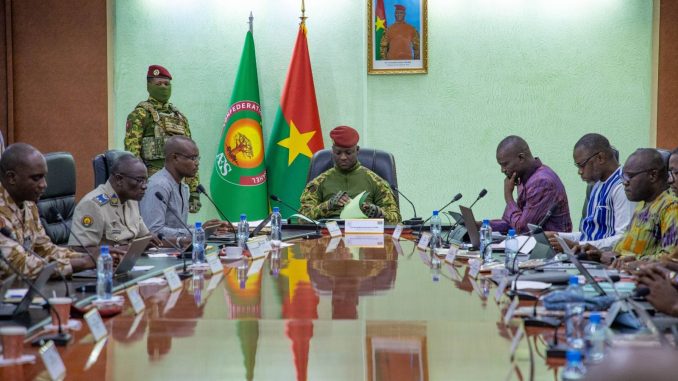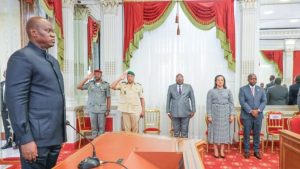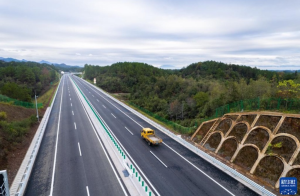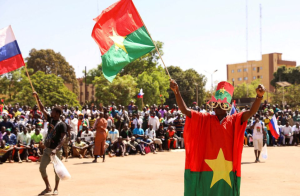Burkina Faso: The government adopts structural measures to meet national challenges

At its meeting held in Ouagadougou on Wednesday, July 16, 2025, the Council of Ministers reviewed several key projects and reports vital to Burkina Faso’s political, economic, and social development. Among the most significant decisions was the adoption of a draft law to dissolve the Independent National Electoral Commission (CENI). Since its creation in 2001, the CENI has faced recurring crises that have undermined its credibility and effectiveness.
In the context of the political transition that began in 2022, this dissolution aims to create a new approach to election management, in accordance with the Transition Charter. The draft law notably calls for the streamlining of institutions and the professionalization of electoral actors, with the goal of ensuring sovereign control over electoral processes while reducing costs.
The agricultural sector—central to Burkina Faso’s economy—was also a major focus, with the adoption of a decree on the classification and identification of animal slaughter infrastructure. This decree comes at a time when livestock accounts for nearly 26% of the country’s exports, after gold and cotton. Aiming to improve the management and operation of slaughter infrastructure, the decree introduces a four-category classification system. This initiative is expected to modernize the sector, enhance the sanitary safety of meat products, and stimulate job creation, thus contributing to the fight against rural poverty.
Several economic reports were also approved, including the financial statements and management report of the Burkina Faso Deposit and Investment Fund (CDI-BF). The year 2024 saw a significant net profit of over 916 million CFA francs. The CDI-BF has served as a key driver of economic development, notably through its investment in the Agricultural Bank of Faso and the creation of FASO-Ré, a new tool for mobilizing national savings. Additionally, several major projects aimed at strengthening the national statistical system were adopted, including reforms to modernize public data collection and dissemination, especially through the integration of new technologies such as Big Data.
On the diplomatic front, the Council of Ministers also made important decisions regarding Burkina Faso’s foreign relations. Three reports were adopted concerning the accreditation of new ambassadors and a papal nuncio. The Council approved the appointment of Mr. Juan Alfredo Miranda Ortiz as Ambassador Extraordinary and Plenipotentiary of Mexico, and Ms. Cristina Maria Cerqueira Pucarinho as Ambassador Extraordinary and Plenipotentiary of Portugal. These appointments reinforce Burkina Faso’s diplomatic ties with these countries and reflect a desire to strengthen international cooperation, particularly in the areas of development and regional security.
Finally, in terms of humanitarian action, several construction and aid projects were approved to address the needs of vulnerable populations, particularly internally displaced persons (IDPs). The Council authorized funding for the construction of essential infrastructure such as food storage warehouses, dormitories for displaced children, and simplified drinking water supply systems. These projects aim to improve the living conditions of IDPs and support the resilience of communities affected by security and climate-related crises. The funding is provided through the national budget for the 2025 fiscal year, highlighting the government’s commitment to supporting its most vulnerable citizens during this challenging period.
In summary, the July 16, 2025, Council of Ministers made strategic decisions aimed at strengthening institutions, improving resource management, and promoting sustainable development. These measures, which span several key sectors, represent an important step toward consolidating the political transition and advancing Burkina Faso’s national development priorities.






